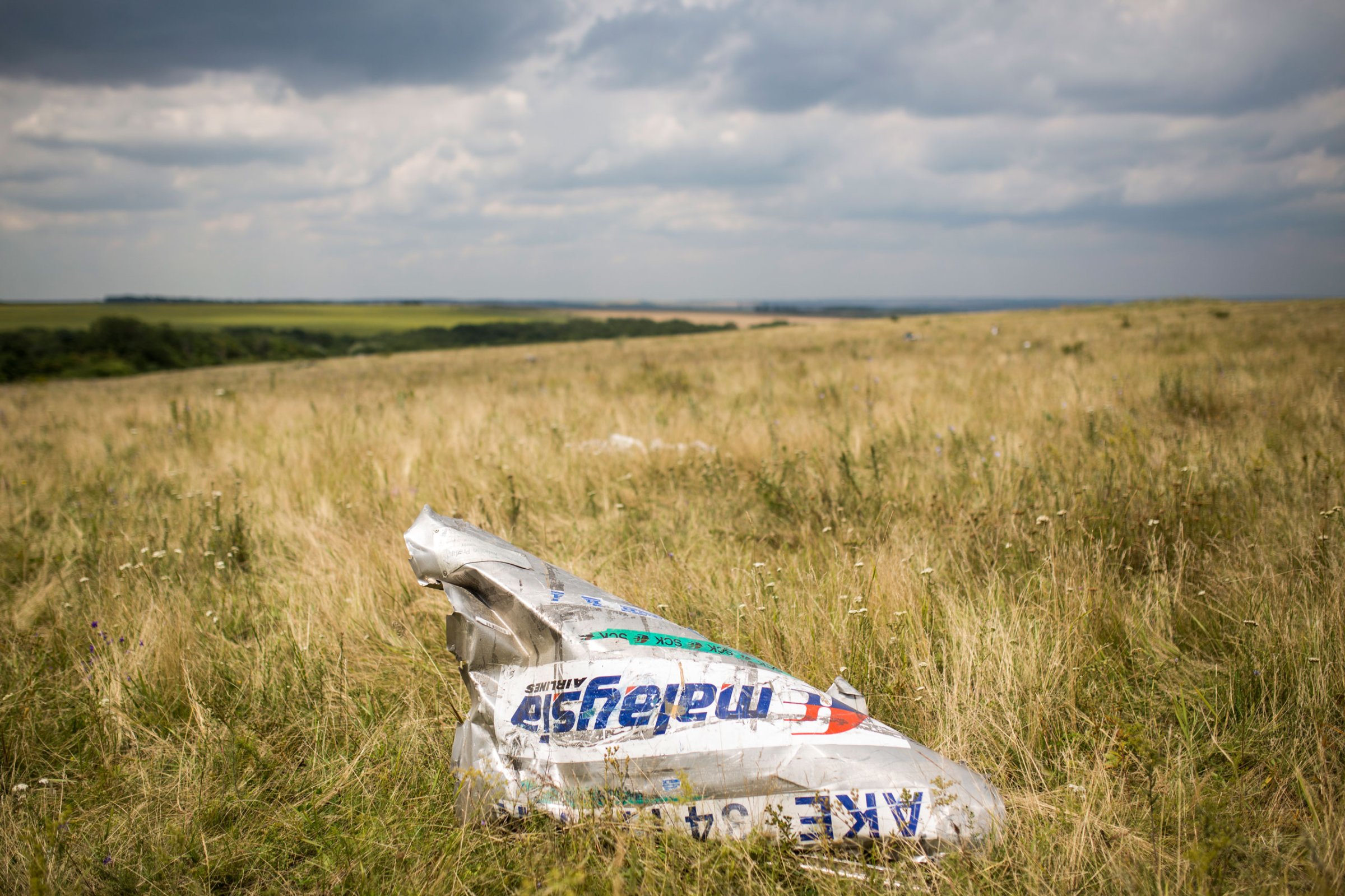
There was never any lack of witnesses to the downing of Malaysia Airlines Flight 17, which killed all 298 people on board. It happened in broad daylight exactly a year ago, on July 17, 2014, in a part of eastern Ukraine that separatist fighters had seized a few months earlier with abundant help from Russia. The names and whereabouts of their leaders are well known. Western and Ukrainian officials have long accused them of shooting down the plane with a Russian-made missile. So the problem is not in finding them but in bringing them to justice, which will be nearly impossible without Russia’s help. And that help has not usually been forthcoming.
Take, for instance, the Russian paramilitary group known as the Don Cossacks, which enjoys the financial support and legal recognition of the Russian state. From May until November of last year, the commander of this group, Nikolai Kozitsyn, was in control of a patch of territory in eastern Ukraine around the coal-mining town of Antratsyt, which is about 10 miles down the road from the crash site of Flight 17.
On the day of the tragedy, the Ukrainian State Security Service, which is known as the SBU, released what it claimed to be an intercepted phone conversation between Kozitsyn and one of his fighters. According to the SBU’s recording, the fighter reports to Kozitsyn that they have shot down a civilian plane by mistake. “There’s a whole sea of corpses, women and children,” the fighter says. The voice identified as that of Kozitsyn does not seem moved by this information. “They shouldn’t have been flying,” the voice says. “There’s a war going on here.”
While he could easily have dismissed the recording as a fake, Kozitsyn later admitted that it was genuine. In a November interview with Vice News, he said that it captured his reaction to the news of a civilian airliner being shot down over his territory. The Vice correspondent, Simon Ostrovsky, then asks the commander who shot down the plane. Kozytsin gives an impish smile and says, “A missile.” And who fired the missile? “No comment,” Kozytsin says.
Though these remarks are hardly proof of his involvement, Kozytsin’s apparent knowledge of the circumstances surrounding the crash would seem to make him a person of interest to any investigation. It would not be hard to find him. Soon after the interview with Vice, Kozytsin left his base in Antratsyt and went back to Russia for what he called an extended holiday. He is now based in the western Russian city of Novocherkassk, where he often gives interviews to local news outlets, including one rambling discussion of current affairs posted online this month.
Ever since the plane was shot down, Russia has bristled at any suggestion that its proxy militants were responsible. So it would not look kindly on foreign attempts to implicate Russian citizens. That much became clear earlier this month, when Malaysia called for the U.N. to create an international tribunal to seek justice in the case of Flight 17. One of the purposes of such a tribunal would be to ease the process of calling witnesses and arresting suspects in various jurisdictions around the world, and the proposed resolution won broad support, including from the Netherlands, whose citizens made up the majority of people killed on that flight.
The only objections to the idea came from Russia, whose permanent seat on the U.N. Security Council gives it the right to block the tribunal’s creation. “Personally I don’t see any prospects for these documents,” Moscow’s ambassador to the U.N., Vitaly Churkin, said of the Malaysian proposal. “Although civilian airplanes were destroyed before, they never led to an international tribunal, and sometimes they didn’t lead to any judicial proceedings at all.”
Russian President Vladimir Putin reiterated this point on the eve of the catastrophe’s one-year anniversary, when he took a call from Dutch Prime Minister Mark Rutte. According to a statement on the Kremlin website, Putin told Rutte on July 16 that it would be “counterproductive” to have an international tribunal take up the case.
Malaysia Airlines Ukraine Crash: Jerome Sessini Photographs

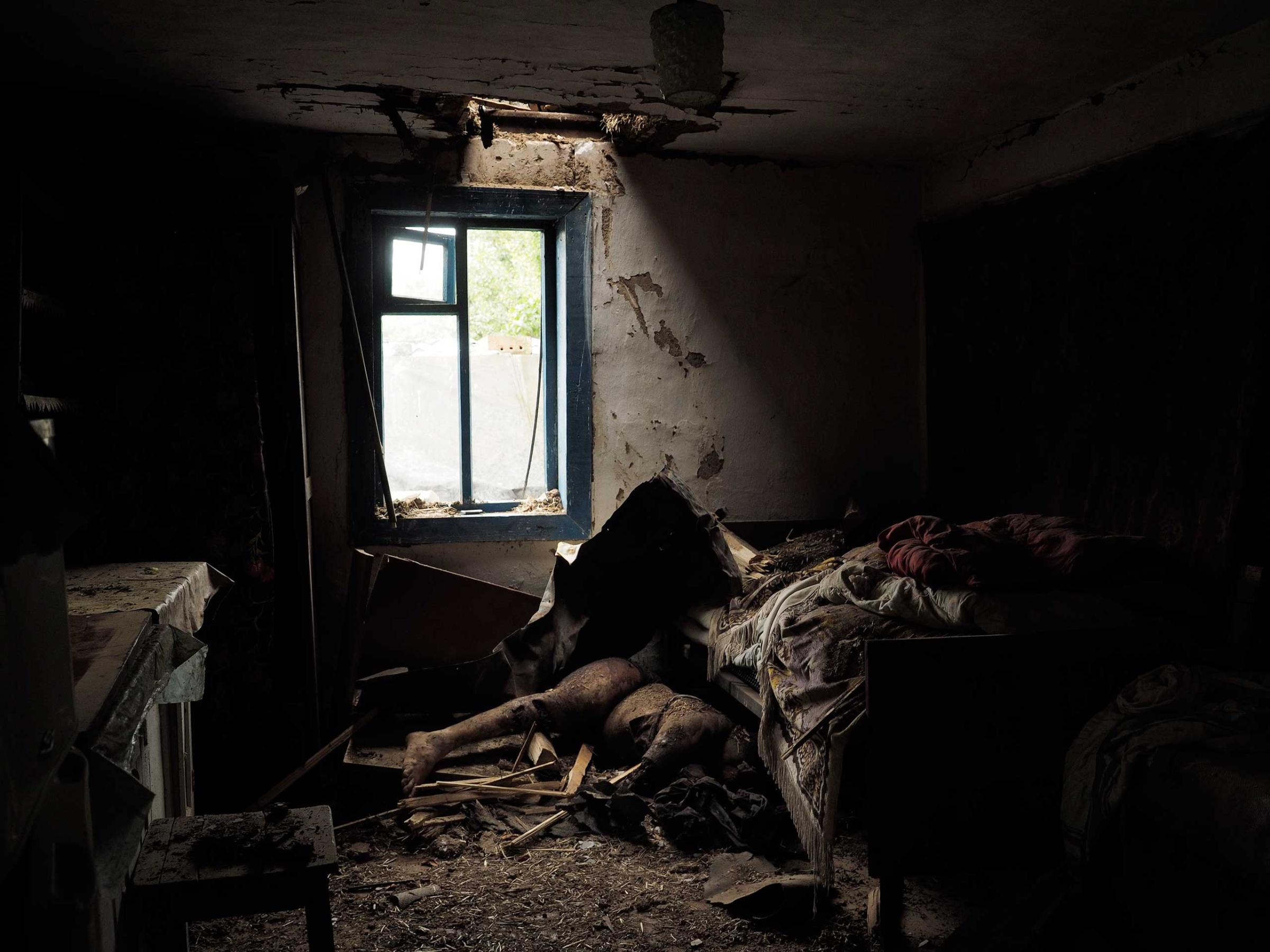
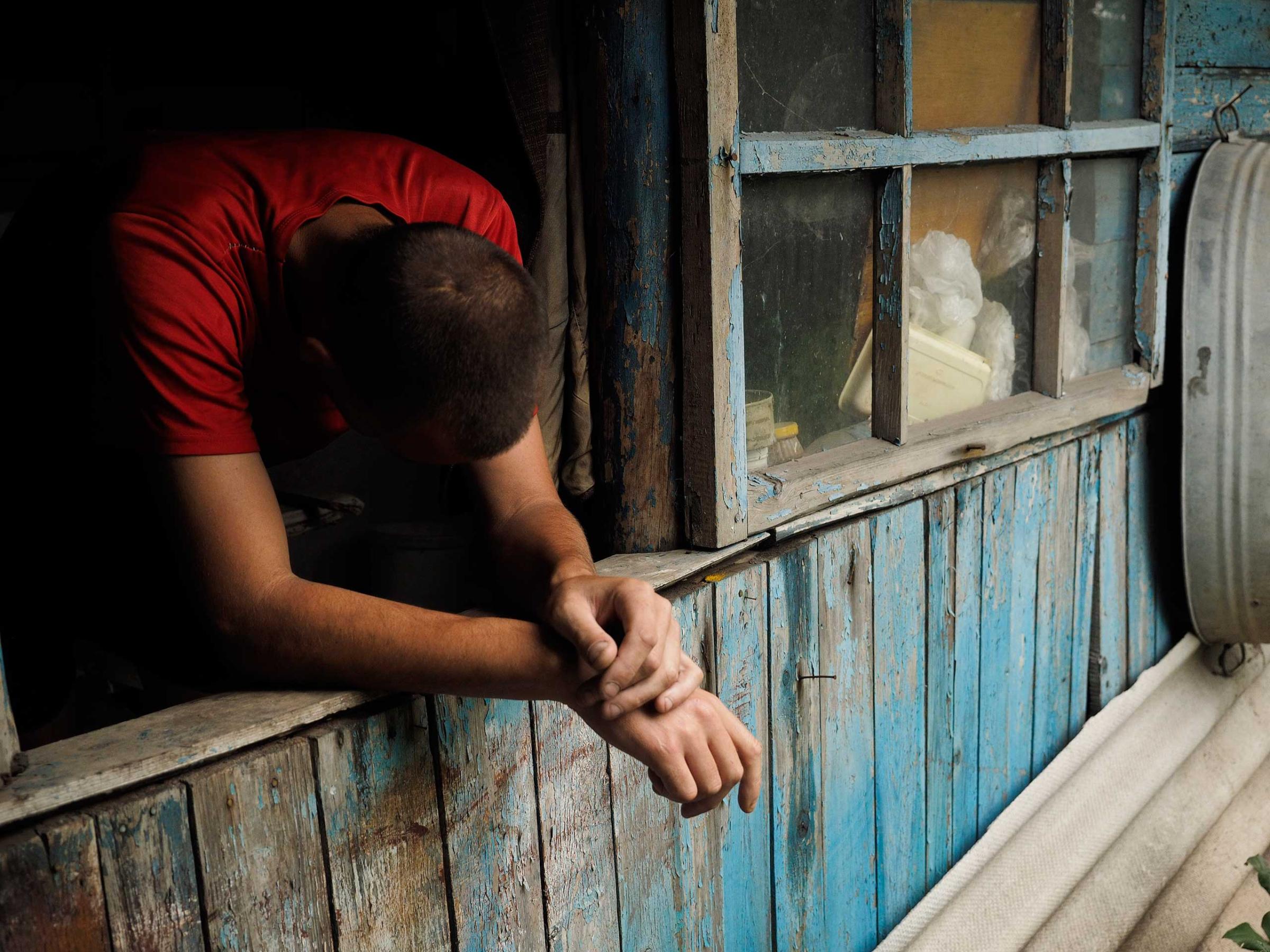
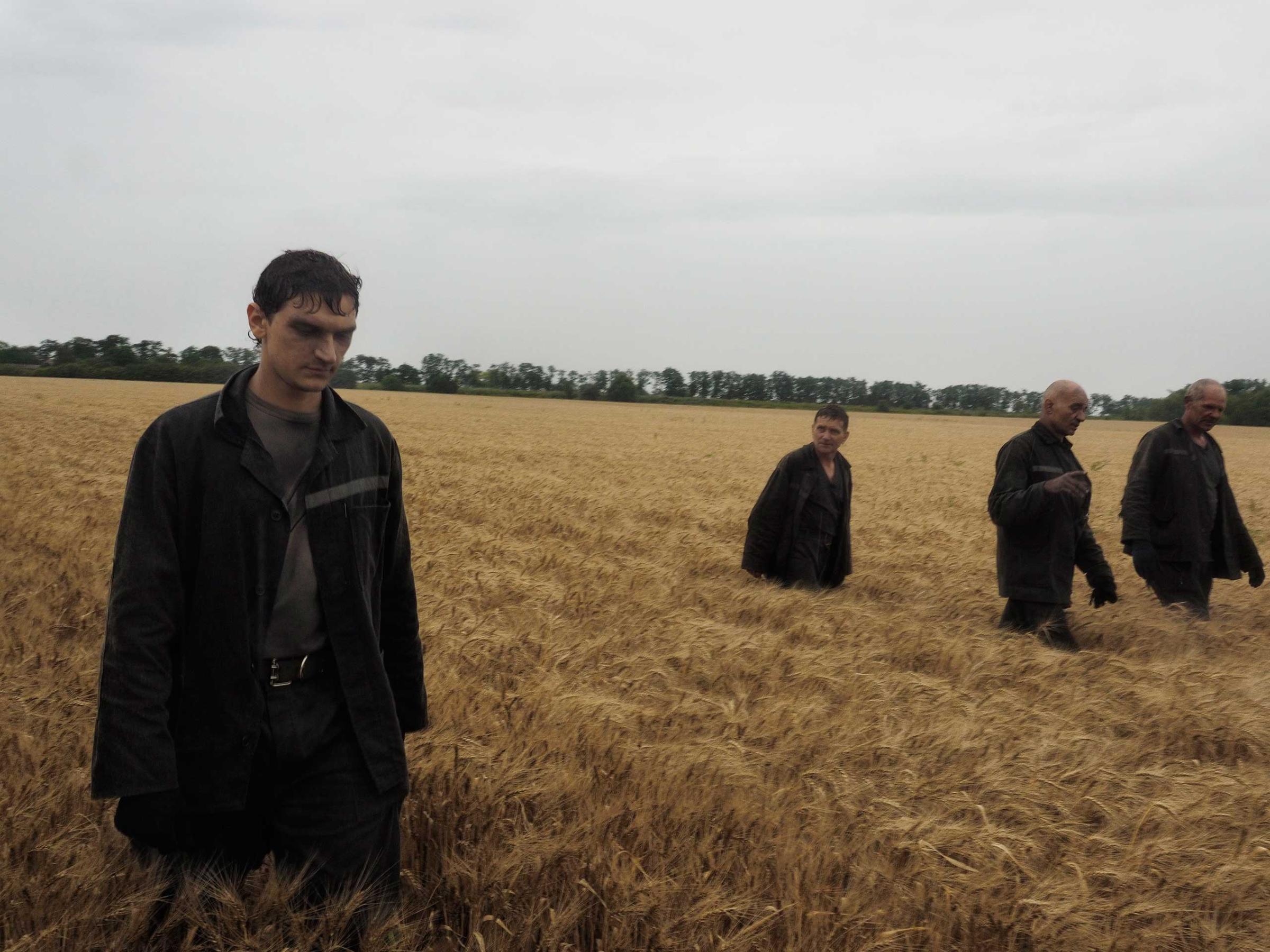
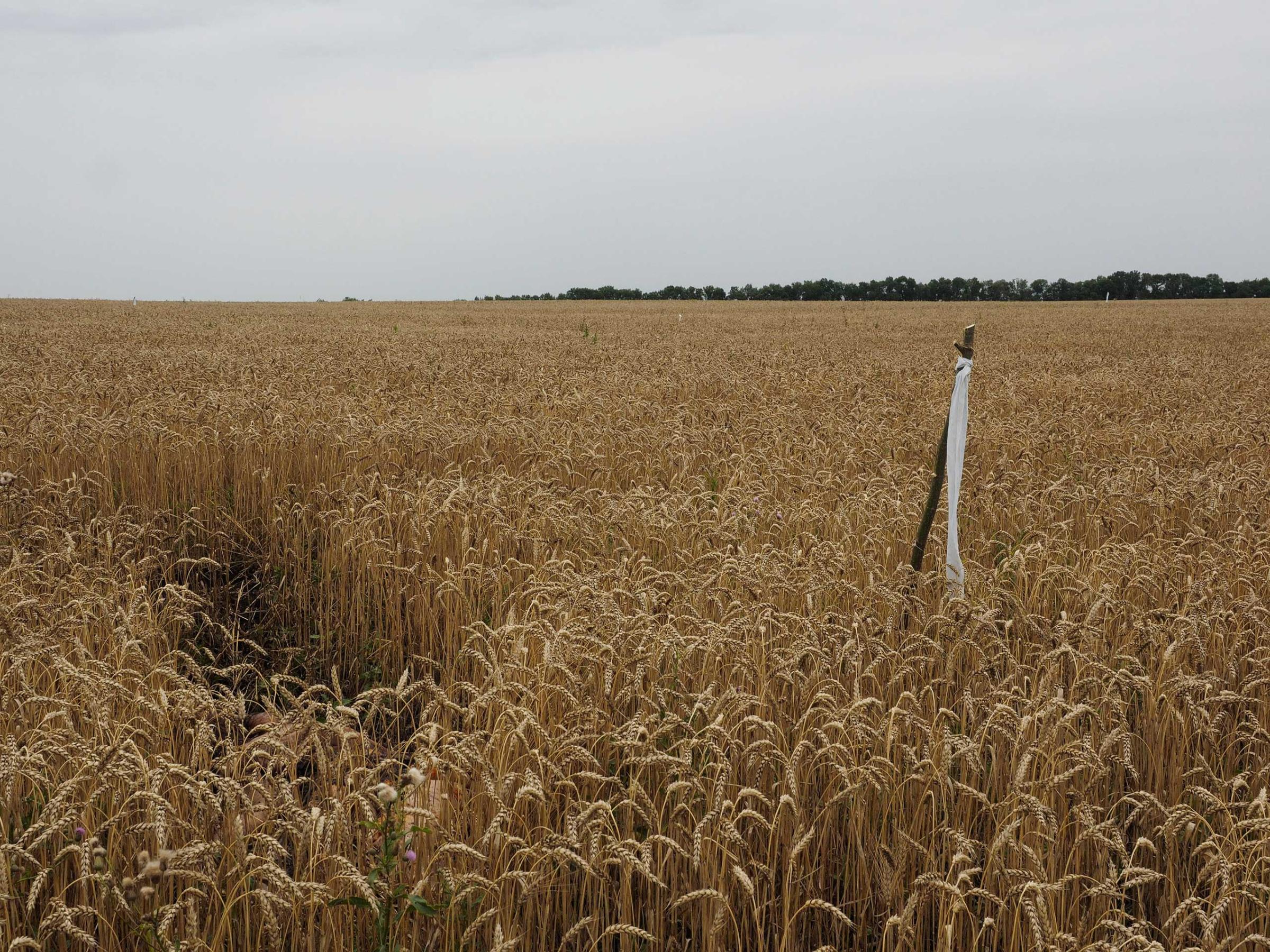
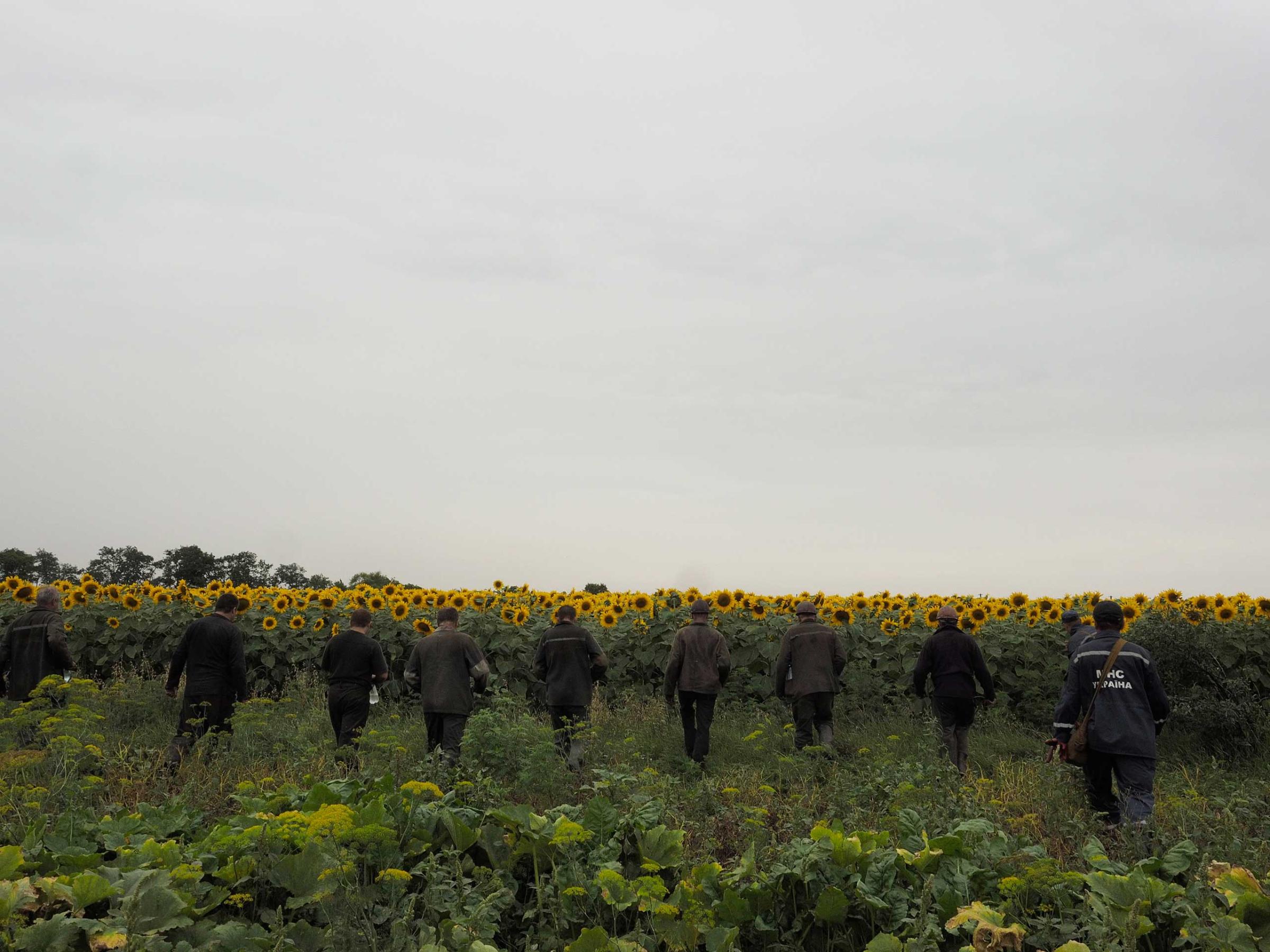
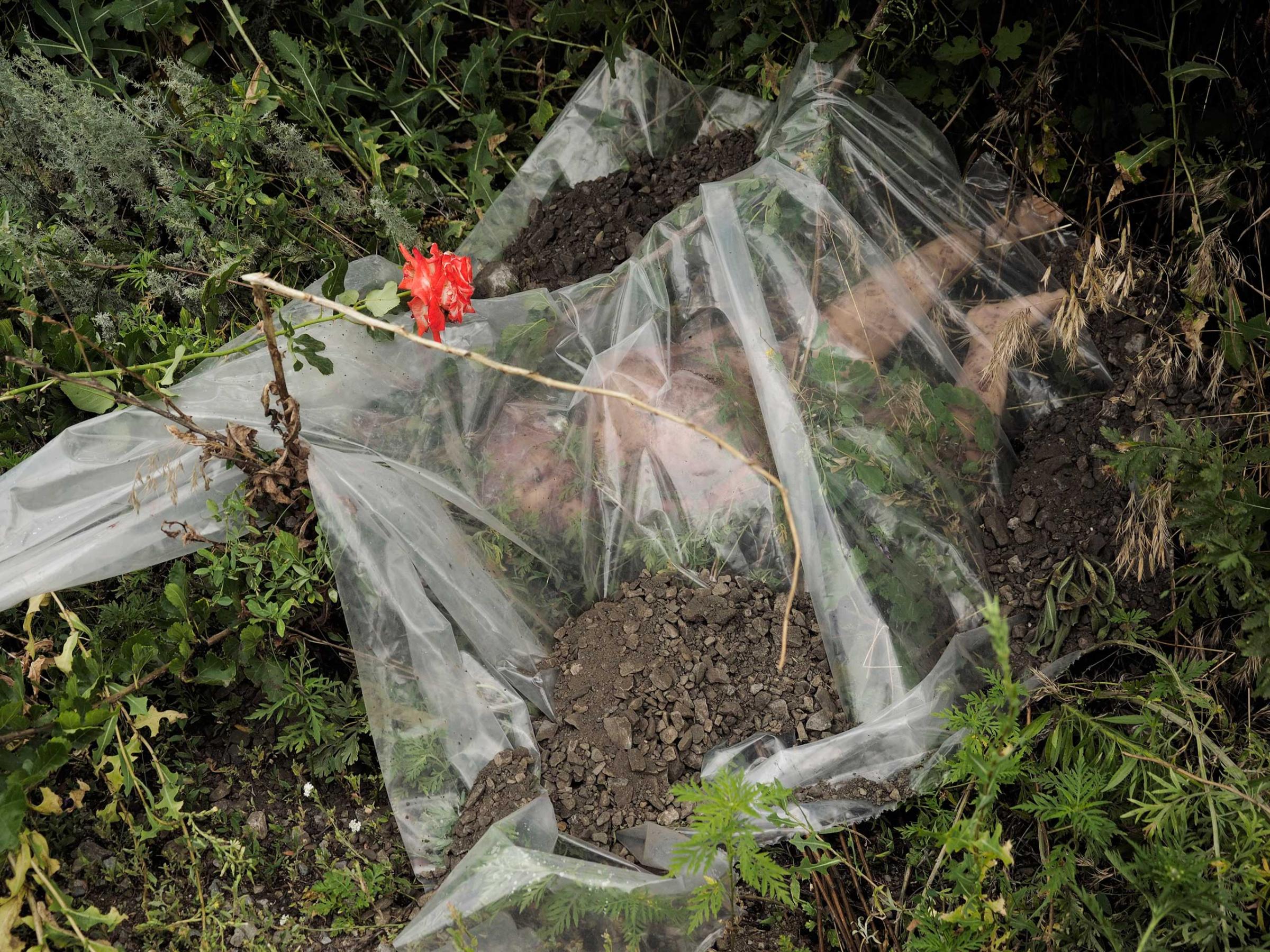
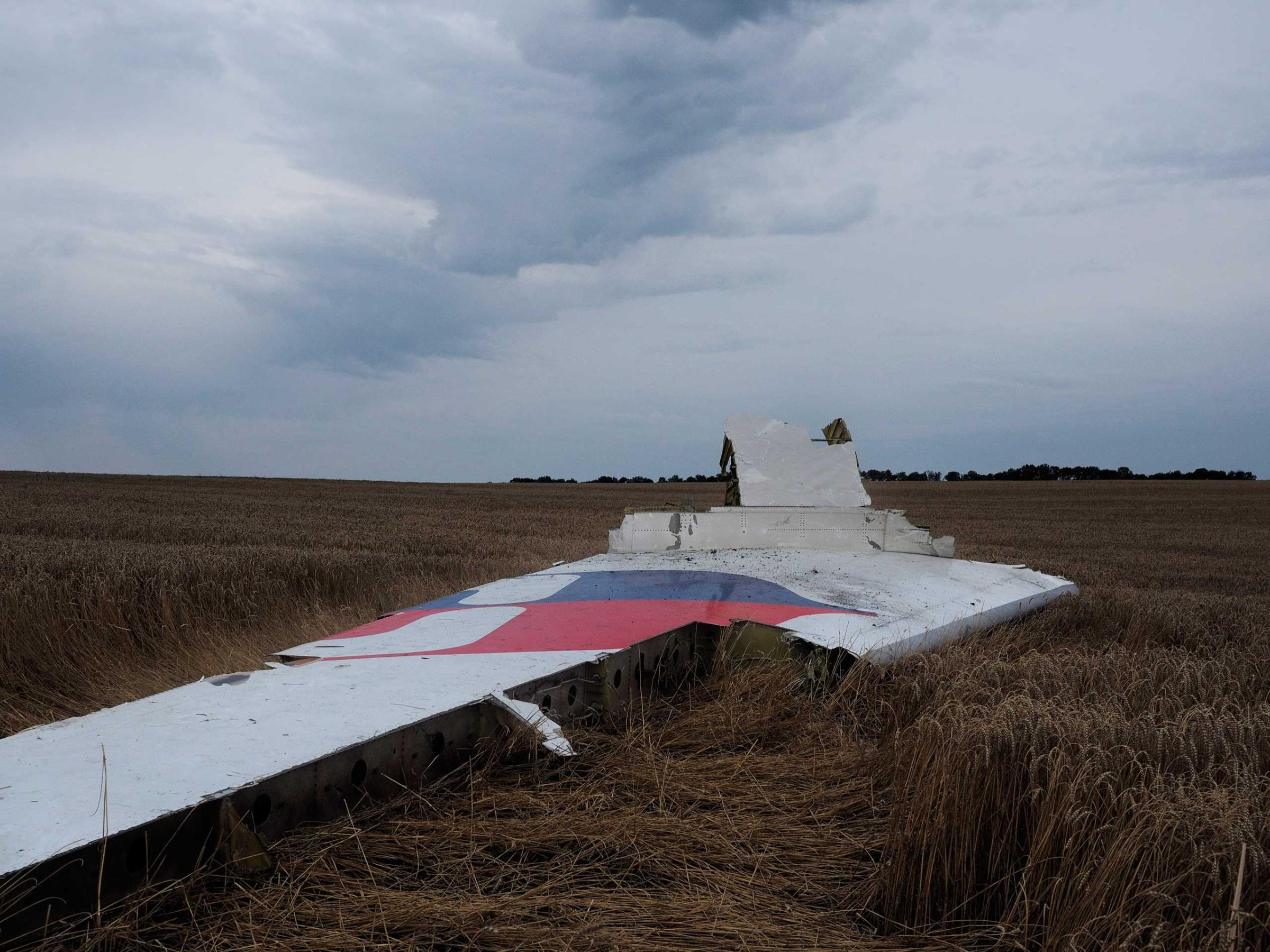
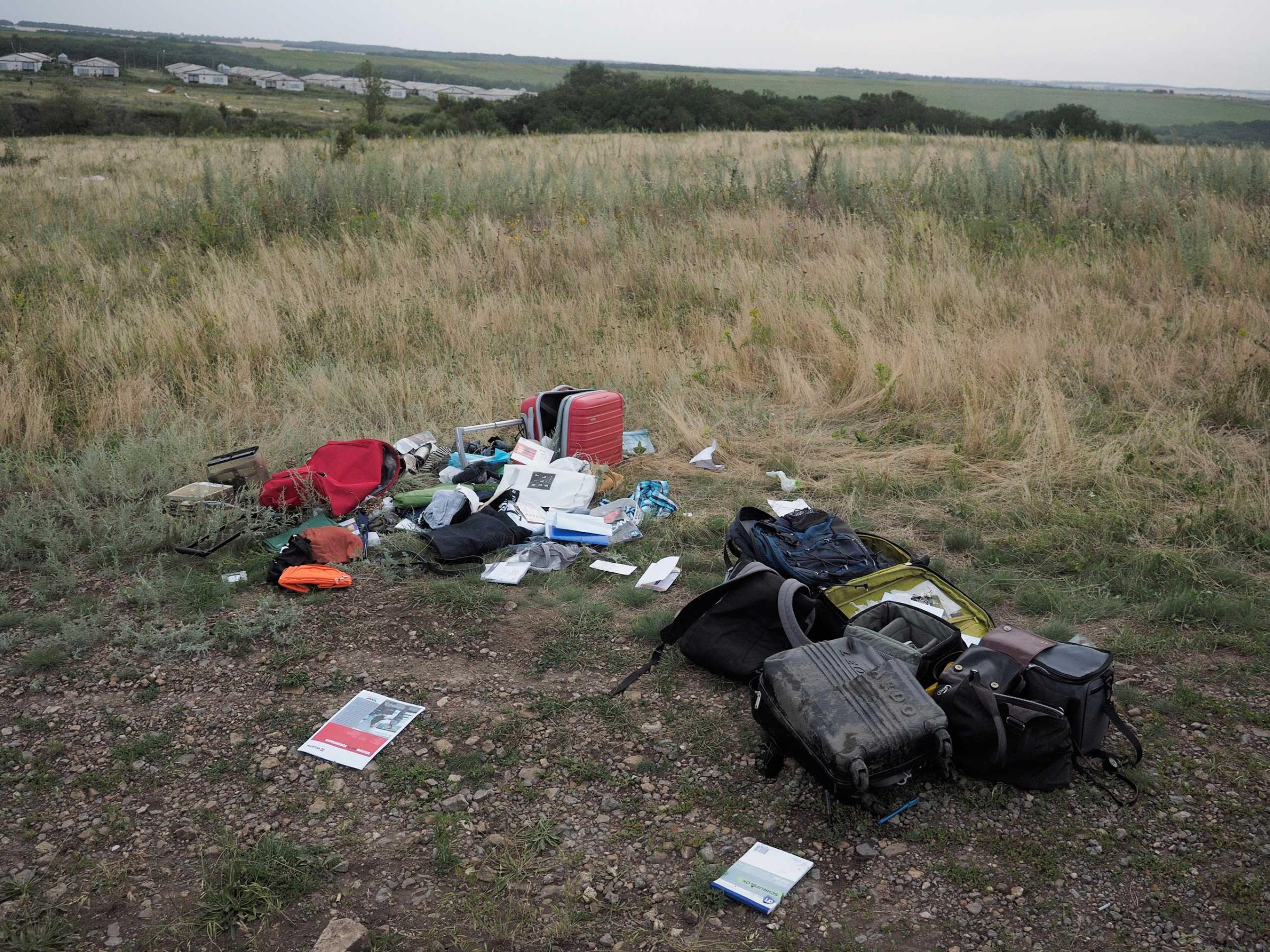
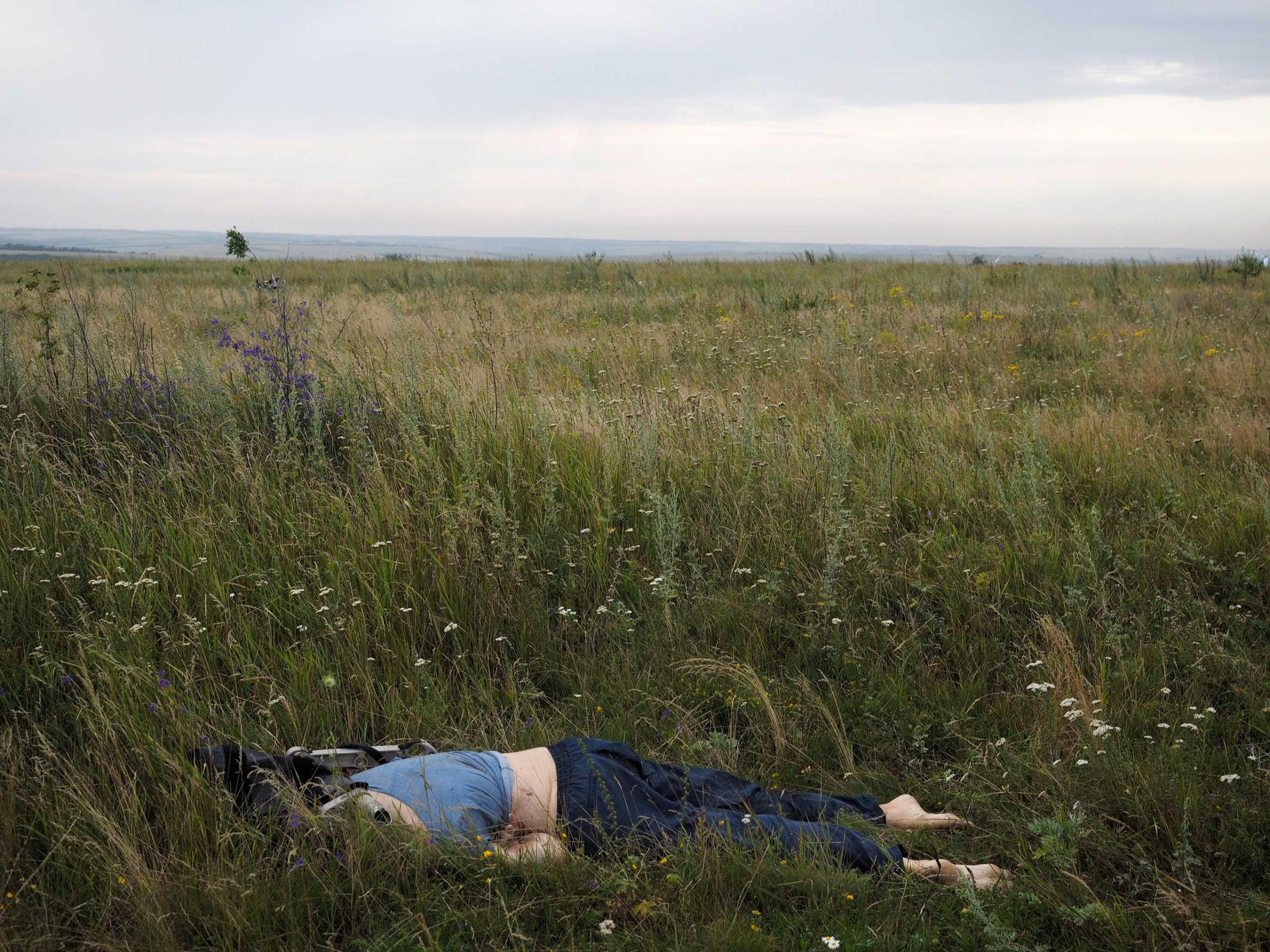
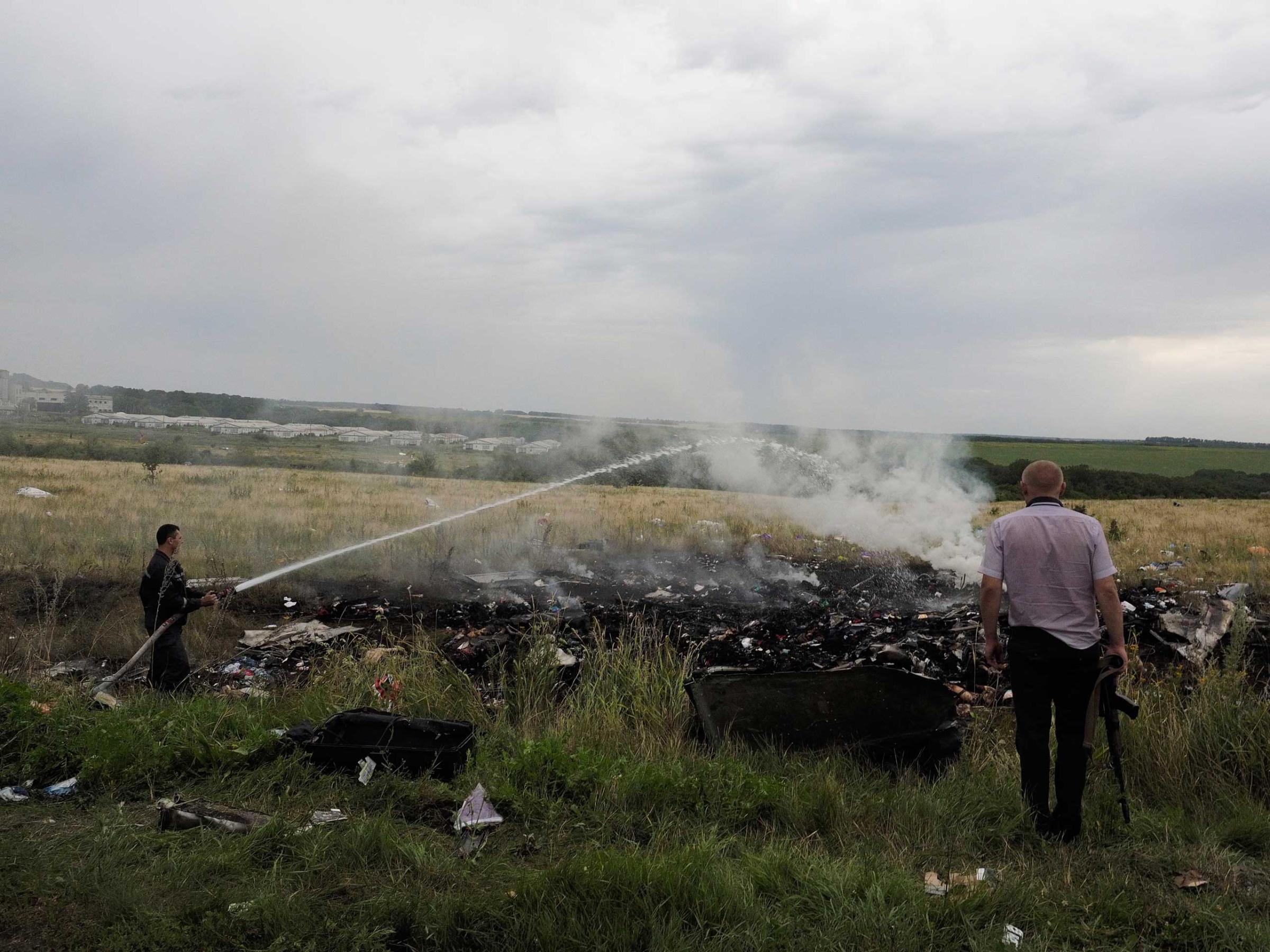
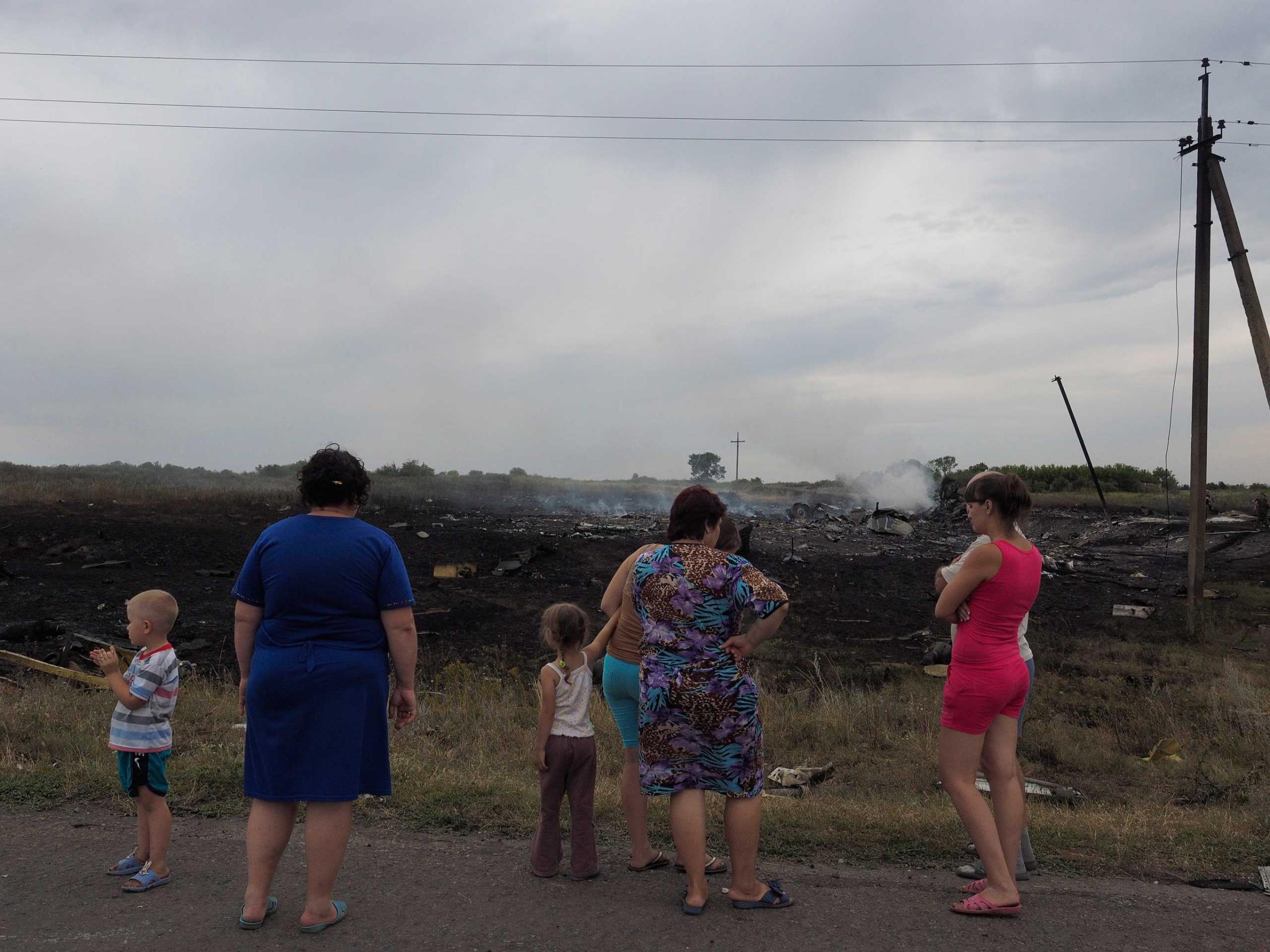
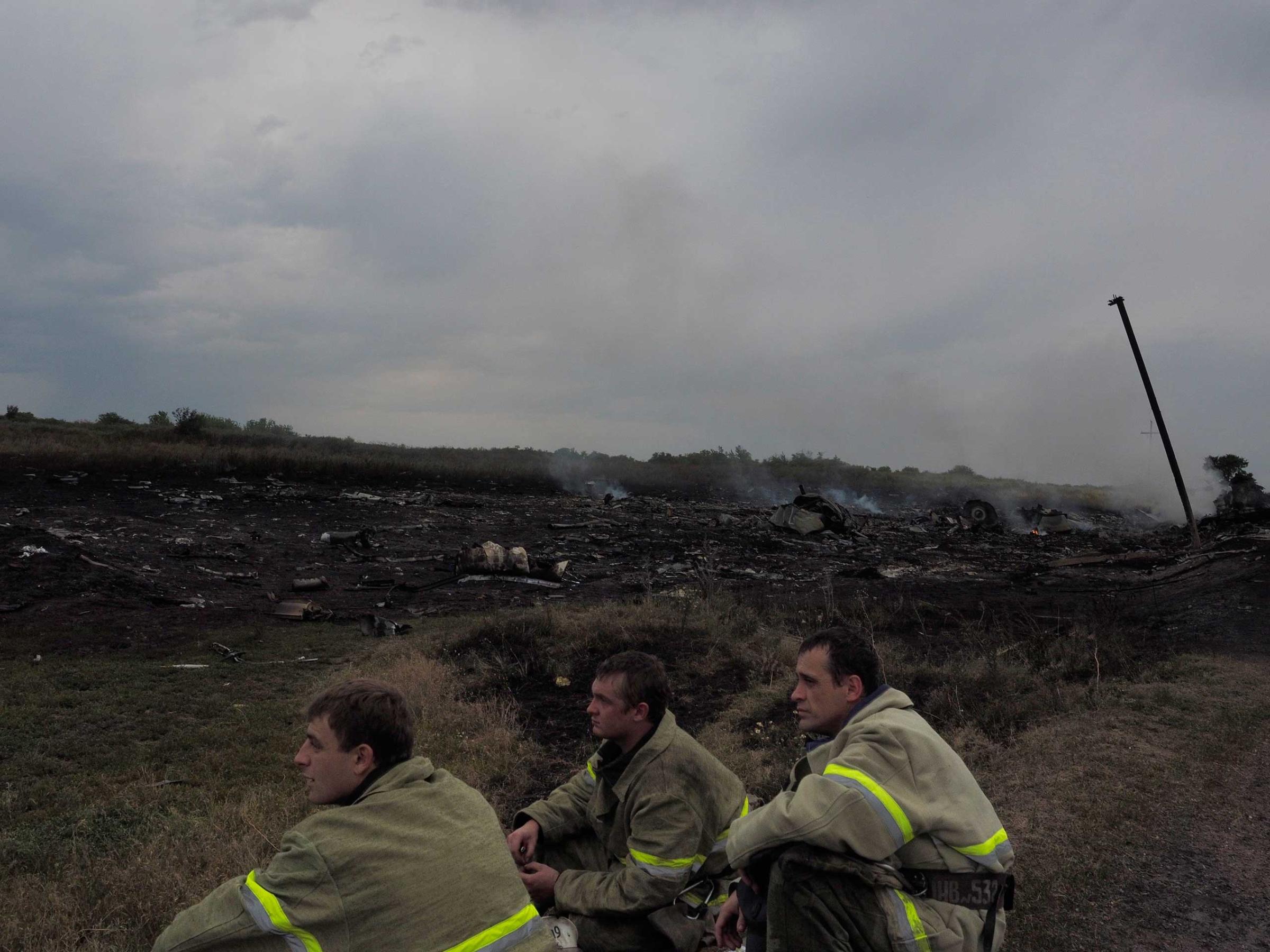
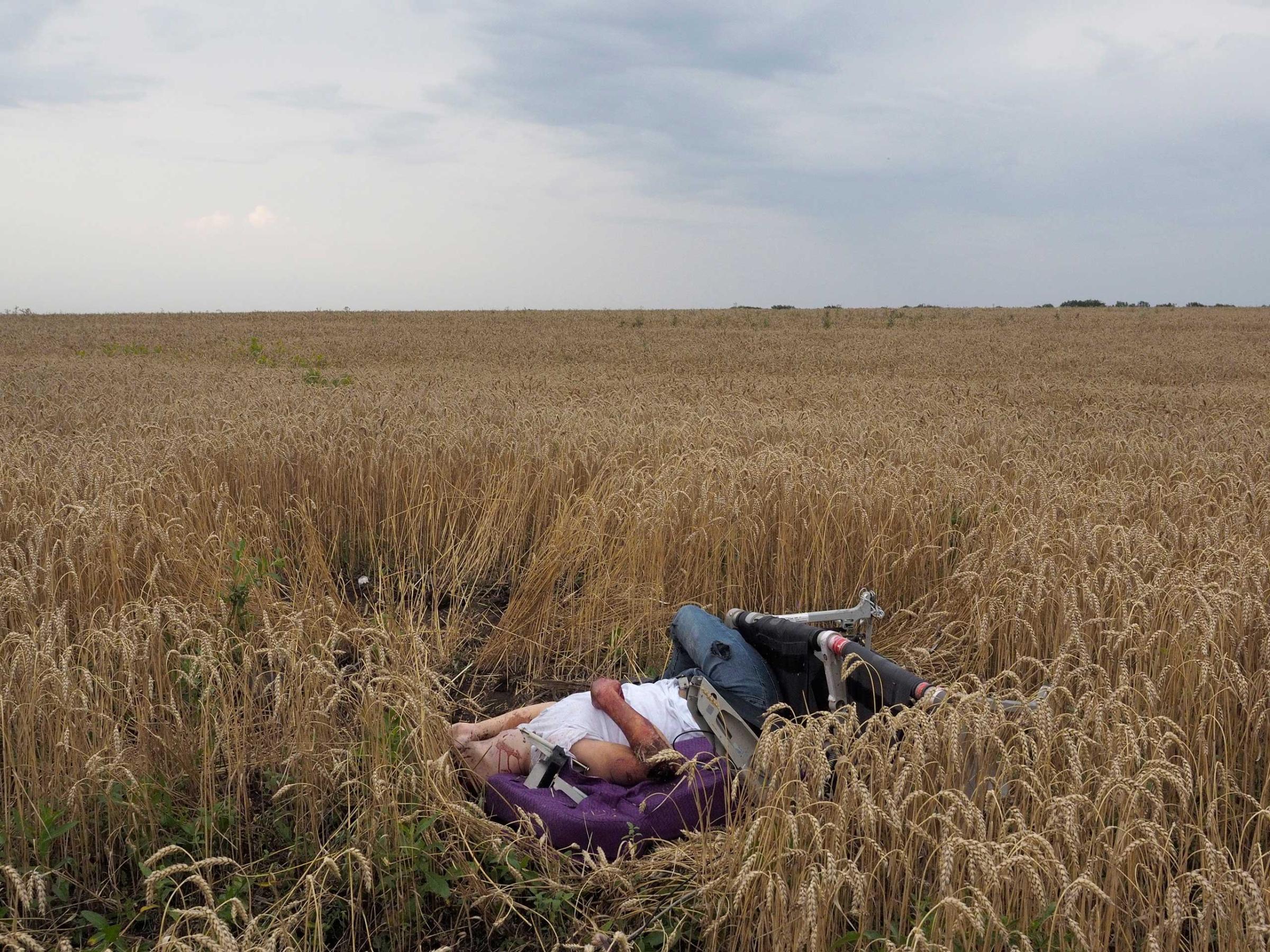
This does not leave many options for Dutch investigators, who have already had a hard time working in the separatist-controlled areas around the crash site. In March, the Netherlands Public Prosecutor’s Office issued a public appeal for witnesses of the crash to come forward voluntarily, having apparently failed to find enough people willing to talk.
A few months later, the Dutch Defense Ministry and National Police sent a team to Kozitsyn’s former stomping ground in the Ukrainian region of Luhansk, right near the crash site. Among their goals was to find information on cell phone towers and telephone networks in the area, most likely to learn more about the calls placed around the time of the catastrophe. “The mission was aimed at gathering evidence to support or discard different scenarios of the cause of the crash,” the Dutch prosecutor’s office said in a statement on June 27. But the separatist fighters who control these areas refused to cooperate, and the Dutch team went home without the information they wanted.
So far, Dutch authorities have declined to name any of the suspects or potential witnesses in their investigation. But apart from Kozitsyn, they may find it useful to speak with Igor Girkin, the former Russian security officer who was leading the main group of separatists around the crash site last summer. These days he lives in Moscow, often appearing in public and giving interviews to the press.
His total lack of concern over the investigation into Flight 17 became clearer than ever this week, when the families of 18 of the victims of that tragedy reportedly filed a civil lawsuit against Girkin, asking a court in Chicago to award them $900 million in damages. The claimants alleged that Girkin “ordered, aided and/or abetted this action and/or conspired with those persons who fired the missile or missiles.” But the accused seems to find all this rather amusing. In a response posted on an online chat forum on July 18, Girkin wrote: “I’m almost a billionaire! Owing 900 million is almost the same thing as having these hundreds of millions.” He punctuated this attempt at a joke with a grinning emoticon.
More Must-Reads from TIME
- Donald Trump Is TIME's 2024 Person of the Year
- Why We Chose Trump as Person of the Year
- Is Intermittent Fasting Good or Bad for You?
- The 100 Must-Read Books of 2024
- The 20 Best Christmas TV Episodes
- Column: If Optimism Feels Ridiculous Now, Try Hope
- The Future of Climate Action Is Trade Policy
- Merle Bombardieri Is Helping People Make the Baby Decision
Contact us at letters@time.com